BlackBerry Passport’s big screen
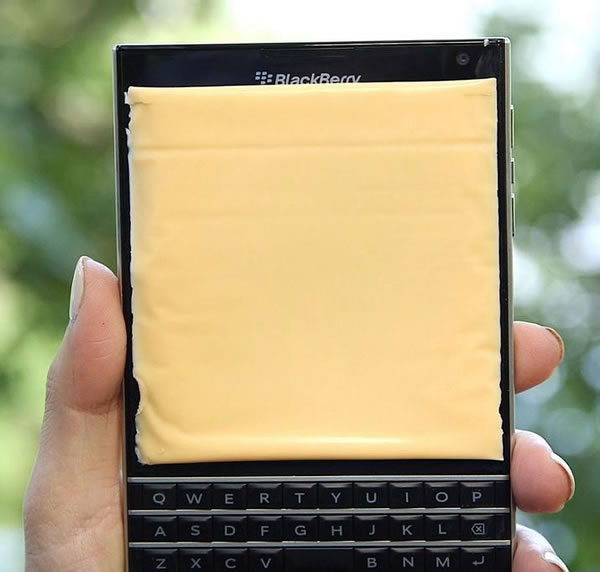
The Canadian BlackBerry Passport meets American cheese…and dirty fingernails.
Nothing conveys the size of the BlackBerry Passport’s screen as well as this photo from Charlie Wells’ recent tweet:
The BlackBerry Passport’s square screen is the same size as a piece of American cheese: http://t.co/5GYSl3I07X pic.twitter.com/uB0IIQNbjB
— Charlie Wells (@charliewwells) September 24, 2014
Bendgate
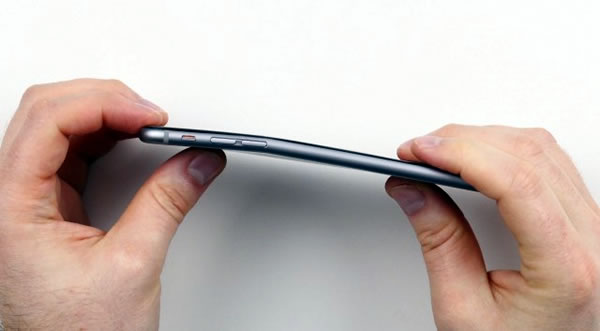
The current kerfuffle in mobile technology goes by the name “Bendgate” (or my favorite, “Bendghazi”), in which a number of users have reported that their brand-new iPhone 6 Plus devices would have a tendency to warp and bend while in their pockets.
I’ll leave it to tech videographer extraordinaire Marcus Brownlee to explain it in detail:
In response, the Apple PR machine has given tours of their iPhone torture-testing facilities:
In a story on The Verge, Josh Lowensohn reports that 30,000 iPhone 6 units — 15,000 of the 4.7″ iPhone 6 and 15,000 of the 5.5″ iPhone 6 Plus — underwent testing at Apple’s labs, where he saw phone undergoing all manner of stresses that they might undergo in regular (and some not-so-regular) everyday use. Apple report that they’ve received a mere 9 complaints.
Whether or not your bent iPhone 6 is your fault, chances are that if you take your bent iPhone 6 to the Genius Bar at your local Apple Store, they just might replace it, given their mandate and training to provide maximum customer satisfaction.
No Galaxy Note Edge for you!
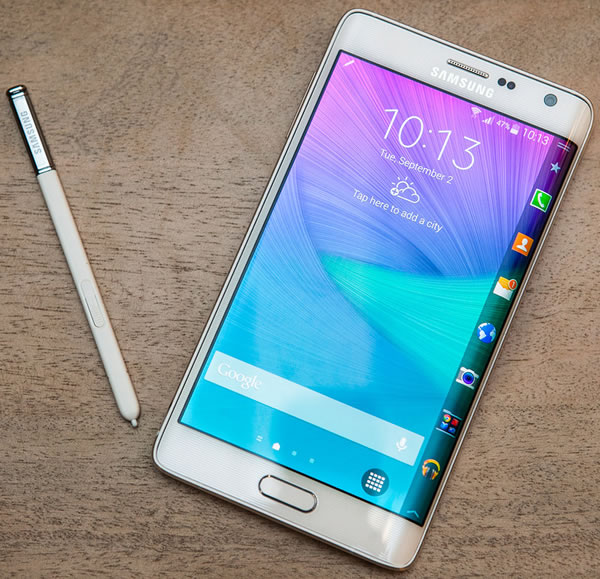
Remember Samsung’s Galaxy Note Edge, which we wrote about in our article covering the IFA trade show? It turns out that despite all the promotion, it’s a concept device.
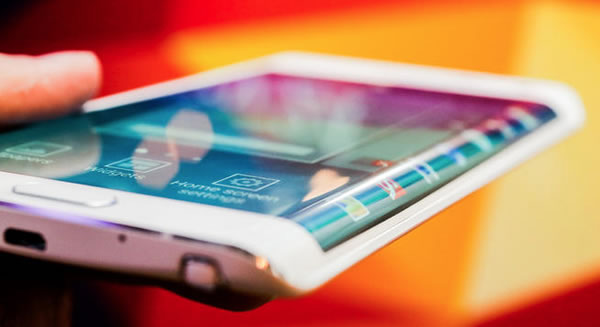
The phablet, which boasted a screen that curved around its right edge, with the curve acting as a second screen that could be viewed from its side, is a limited edition device whose primary purpose is simply to, as PC World puts it, “scream ‘First!'”. According to them, there will be limited sales in South Korea next month, and only way you’ll have a chance of getting one in the U.S. is either by being very lucky or knowing someone high up in Samsung US.
FBI director “very concerned” about new Apple and Google smartphone privacy features
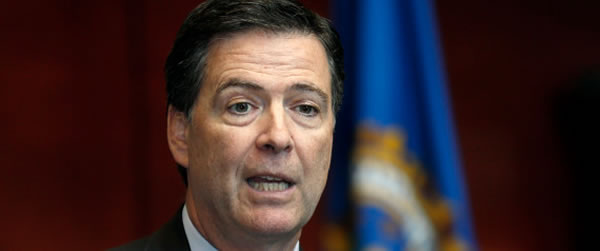
In response to announcements from Apple and Google about enabling encryption on their mobile operating systems that would keep out both thieves and law enforcement, FBI director James Comey expressed his concern:
“I like and believe very much that we should have to obtain a warrant from an independent judge to be able to take the content of anyone’s closet or their smart phone. The notion that someone would market a closet that could never be opened — even if it involves a case involving a child kidnapper and a court order — to me does not make any sense.”
The Verge provides some valuable perspective in their article on the subject in these two paragraphs, which we’ll close with:
If this fight sounds familiar, it’s because much of the 90s was spent on exactly this legal question, a fight that’s now known as the Crypto Wars. PGP founder Phil Zimmermann almost went to jail over it. Of course, because it was the 90s, the fight was over desktop hard drives rather than phones, but when the dust settled, the courts ruled it was completely legal and large, reputable companies like Microsoft and Apple started offering full-disk encryption services without anyone making a fuss about it. Julian Sanchez has a great rundown of how it happened and why it was a good decision, but the general punchline is that it’s hard to build a backdoor that can only be used by the good guys.
It should also be pointed out that Comey’s refreshing enthusiasm for warrants is not shared across all federal agencies. Surveillance of this type frequently happens under a much lower legal standard, whether it’s a subpoena, a National Security Letter or plain old FISC-approved bulk collection. In fact, programs like that are the biggest reason Apple implemented this encryption in the first place, trying to placate concerns over unauthorized government data collection. Unfortunately for Comey, just invoking kidnapped children isn’t enough to undo 20 years of legal precedent.